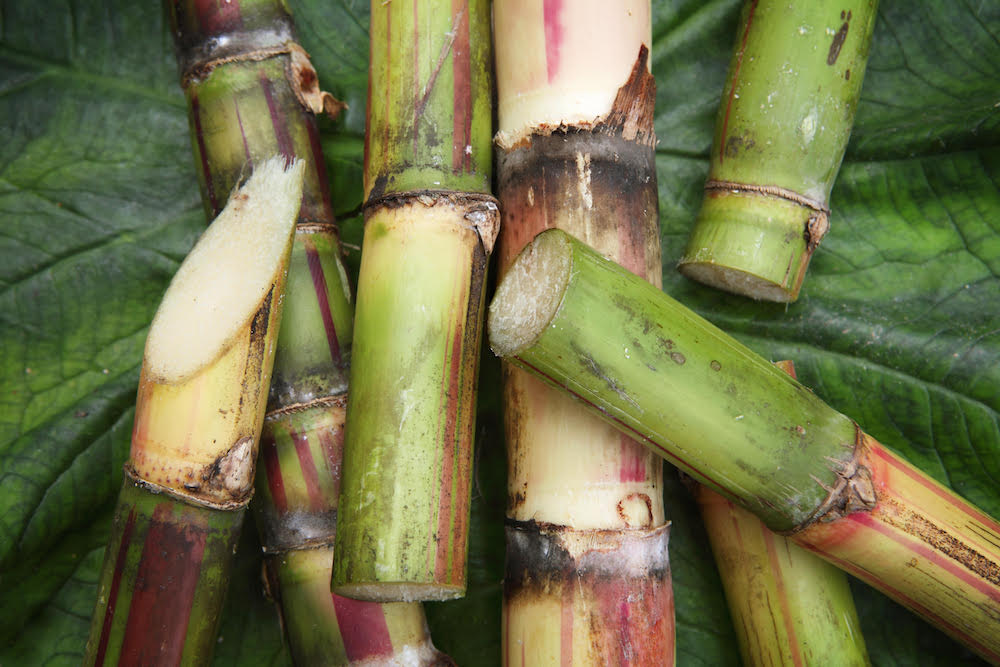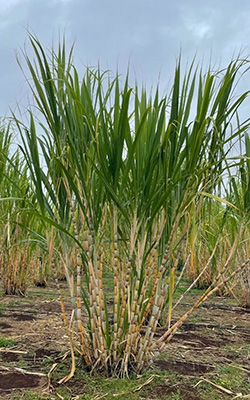How Sugar and Cane Affect Your Taste Buds and Cooking Experience
Why Cane Sugar Handling Chemicals Are Essential for Modern Sugar Refining
The role of walking stick sugar processing chemicals in modern sugar refining can not be overstated, as they are indispensable to enhancing both the effectiveness of removal and the total top quality of the last item. Representatives such as phosphoric acid and particular flocculants are used to eliminate impurities, causing sugar that not just satisfies customer assumptions however additionally abides by market requirements. However, the ramifications of these chemicals prolong past top quality, touching upon market dynamics and ecological considerations. This increases essential questions concerning the sustainability of such techniques and their effect on the future of sugar manufacturing.
Duty of Handling Chemicals
The efficacy of walking stick sugar handling hinges dramatically on the critical application of handling chemicals. These chemicals play a pivotal function in enhancing the effectiveness and high quality of sugar removal and refining. From the initial stages of juice removal to the last purification steps, processing chemicals assist in various important procedures.
In the extraction phase, chemicals such as phosphoric acid and calcium hydroxide are utilized to optimize the information process, helping to get rid of impurities and put on hold solids from the walking cane juice. This not just enhances the return however additionally makes certain the clearness of the final product. Furthermore, agents like flocculants aid in the quick settling of contaminations, consequently improving the total process.
Triggered carbon and ion exchange resins serve to remove shade and smell, making certain that the refined sugar satisfies customer quality criteria. Hence, the precise selection and application of these chemicals are crucial for achieving optimal end results in walking stick sugar handling.
Trick Sorts Of Chemicals
Walking stick sugar handling counts on a variety of essential chemicals that help with each stage of manufacturing. These chemicals play necessary duties in clearing up, lightening, and detoxifying the sugar extracted from walking cane.
One main group of chemicals includes flocculants, such as polyacrylamide, which help in the explanation process by promoting the gathering and settling of pollutants. Additionally, calcium hydroxide is often employed to counteract acidity and aid in the elimination of non-sugar elements.
Bleaching agents, such as activated carbon and sulfur dioxide, are made use of to decolorize the syrup, resulting in a clearer end product. These chemicals aid get rid of color substances that might impact the sugar's appearance and bankability.
Additionally, phosphoric acid works as a pH regulator during the processing phases, making sure optimal problems for the enzymatic tasks involved in sugar extraction and filtration.
Other vital representatives consist of edta (ethylenediaminetetraacetic acid), which chelates steel ions that might catalyze unfavorable responses, and salt hydroxide, which assists in pH control throughout the refining procedure. Collectively, these chemicals enhance effectiveness and make certain a top notch walking cane sugar product.
Advantages for Sugar Quality
Often forgotten, using particular processing chemicals dramatically improves the overall top quality of walking cane sugar. These chemicals play an essential duty in refining procedures, ensuring that the final product meets strict market criteria for purity and taste.

Additionally, refining chemicals help in attaining a consistent granulation and texture, which are crucial for consumer approval. By controlling the crystallization process, these chemicals guarantee that the sugar crystals develop evenly, bring about a much more attractive product that liquifies well in numerous applications.
In addition, using these chemicals can enhance the life span of additional resources cane sugar by decreasing dampness absorption and microbial development. Generally, the tactical application of processing chemicals is essential for delivering high-quality walking cane sugar that satisfies consumer expectations and market needs.
Ecological Impact Factors To Consider

Furthermore, the energy-intensive nature of sugar refining, compounded by chemical usage, typically causes raised carbon exhausts. This adds to climate modification and elevates problems regarding the sustainability of current refining practices. Additionally, the sourcing of these chemicals may include methods that endanger biodiversity, such as monoculture farming, which decreases the durability of agricultural communities.

To minimize these influences, sugar refiners are significantly discovering lasting alternatives and taking on ideal methods that reduce chemical usage. Implementing rigorous ecological administration systems can assist guarantee that the refining procedure lines up with ecological requirements and promotes biodiversity. Ultimately, a balanced approach that prioritizes both sugar quality and ecological stewardship is essential for the long-term stability of the sugar market.
Future Trends in Refining
As the sugar sector faces the ecological obstacles related to standard refining Full Report methods, ingenious methods are emerging to enhance both performance and sustainability. One significant fad is the adoption of environment-friendly chemistry principles, which prioritize using safe, biodegradable processing chemicals. This shift not just minimizes ecological impact however additionally addresses consumer need for cleaner production techniques.
Another appealing advancement is the implementation of sophisticated filtration innovations, such as membrane layer separation and adsorption processes. These strategies improve the clearness and top quality of the sugar while minimizing the quantity of wastewater created during refining. In addition, the integration of digital modern technologies, consisting of IoT and AI, is transforming functional performance by enabling real-time tracking and anticipating upkeep, hence decreasing resource waste.
Additionally, making use of by-products from sugar refining, such as bagasse and molasses, is obtaining traction. These materials can be transformed right into biofuels or value-added products, adding to a round economic situation within the sector. Jointly, these trends indicate a change in the direction of even more lasting practices that not just enhance operational effectiveness however additionally straighten with international sustainability objectives, guaranteeing the future feasibility of sugar refining.
Verdict
Walking cane sugar processing chemicals are crucial in modern sugar refining, considerably boosting the effectiveness and high quality of sugar removal. The critical use these chemicals not just boosts the pureness and taste of the end product however likewise makes sure regular crystallization and appearance. As the sector significantly focuses on sustainability, the fostering of environmentally-friendly processing representatives is most likely to form future patterns in refining, inevitably resulting in better products and extended life span for customers.

Ultimately, a balanced strategy that prioritizes both sugar top quality and environmental stewardship is essential for the long-lasting viability of the sugar industry.
Walking stick sugar processing chemicals are important in contemporary sugar refining, significantly enhancing the effectiveness and top quality of sugar extraction.